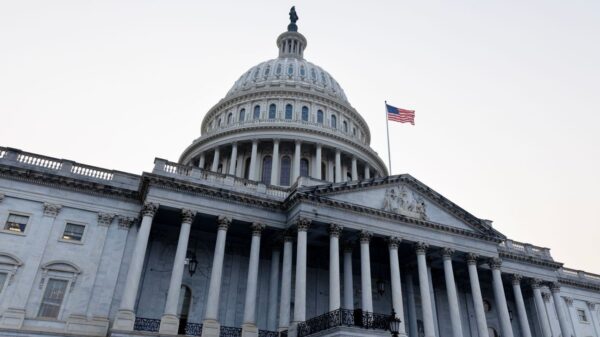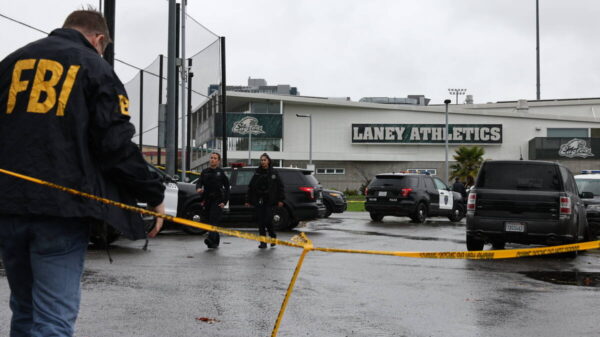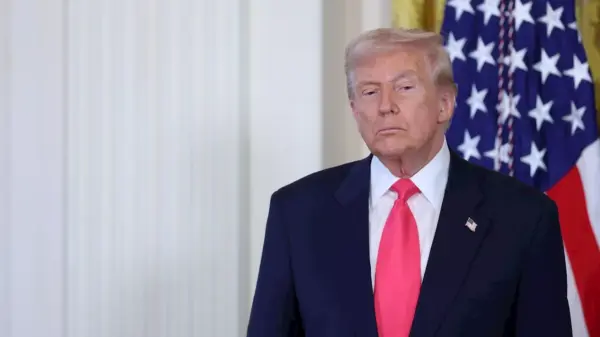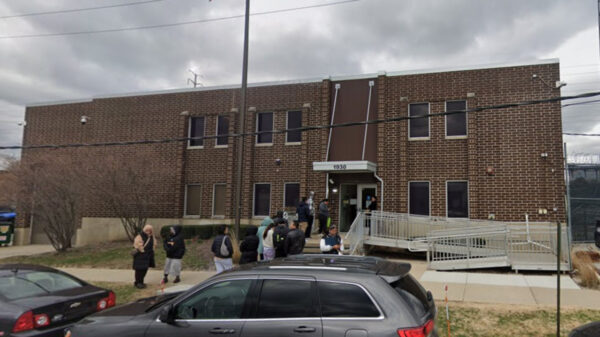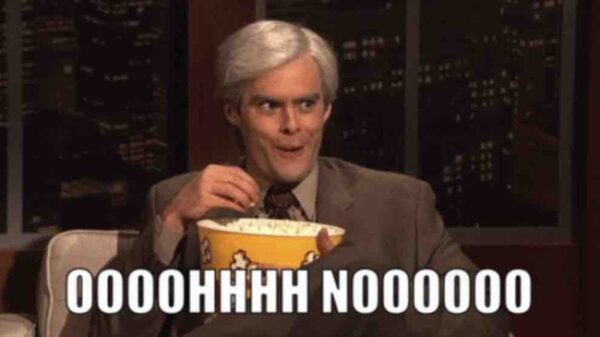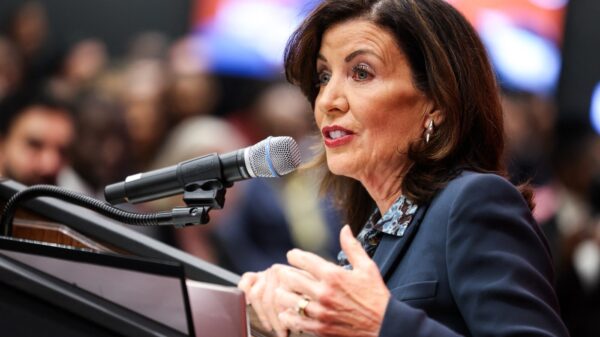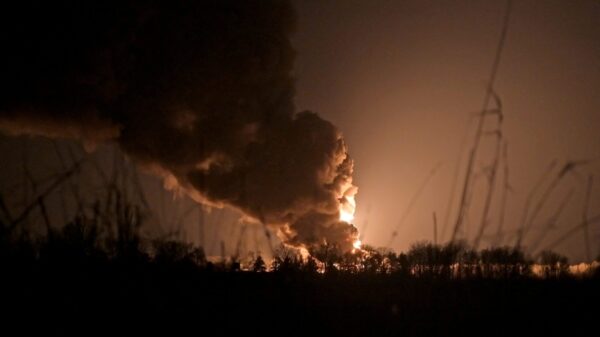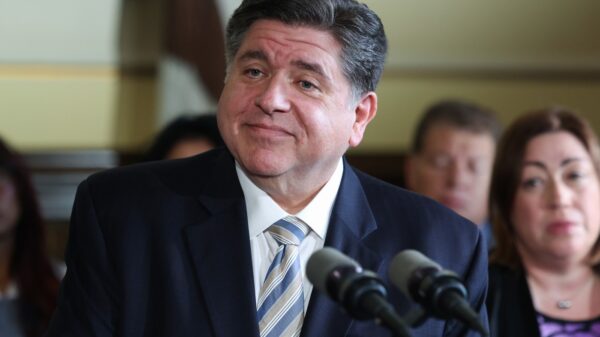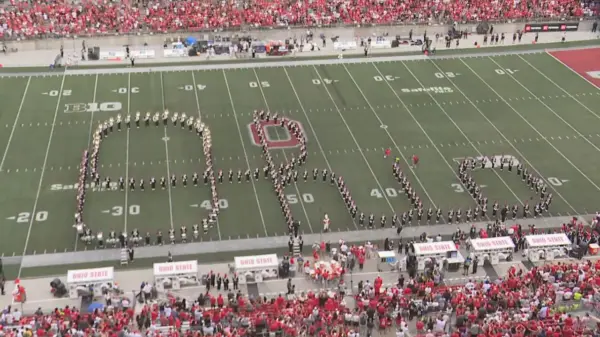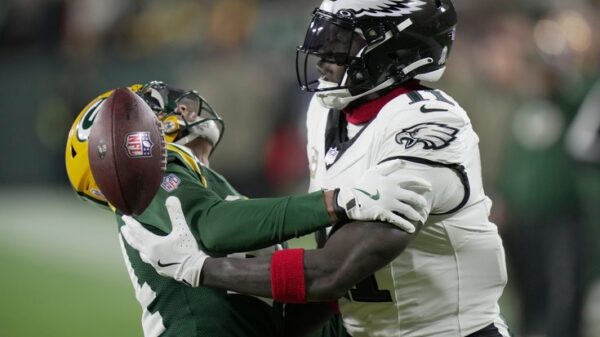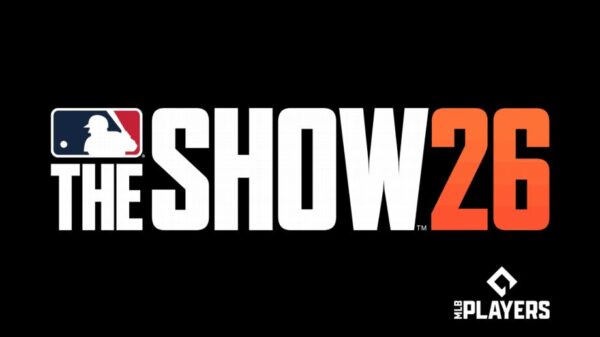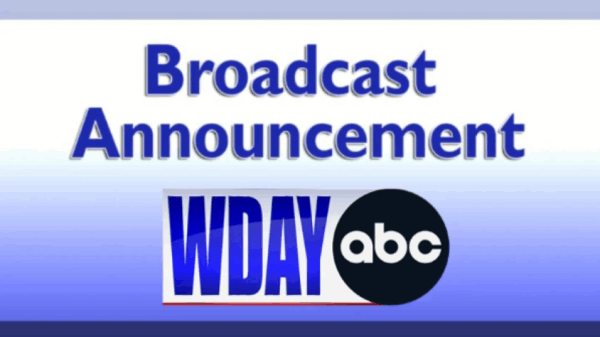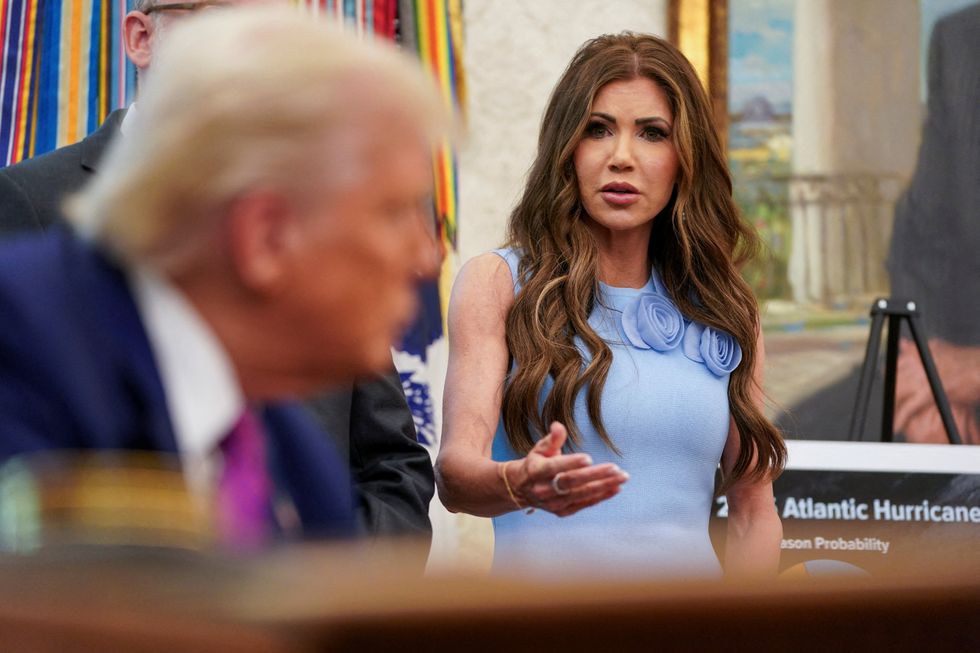Donald Trump’s recent statements have ignited a fierce debate over free speech and the nature of political discourse in the United States. In his inaugural address in January 2024, Trump declared intentions to safeguard free expression, promising to sign an executive order to halt government censorship. Yet, his recent comments suggest a troubling contradiction regarding his commitment to free speech.
During a press briefing last week, Trump labeled unfavorable news coverage as “really illegal,” asserting, “I’m a very strong person for free speech,” while simultaneously accusing media outlets of distorting his messages. He criticized ABC late-night host Jimmy Kimmel, claiming that Kimmel’s return to television was a negative influence, and suggested it constituted a “major illegal campaign contribution.” This claim came despite 14 million views of Kimmel’s show, as reported by The Hollywood Reporter, underscoring the disconnect between Trump’s words and the reality of Kimmel’s entertainment value.
The narrative surrounding Trump’s rhetoric extends beyond media criticism. Following the tragic death of a political figure, Trump’s administration and its allies swiftly linked the tragedy to a supposed “vast domestic terror movement” on the left. Stephen Miller, a senior advisor, stated that the government would utilize every available resource to combat this perceived threat. Yet, investigations have revealed no evidence connecting the alleged assailant, Tyler Robinson, to any left-wing groups. An NBC News source confirmed, “There is no evidence connecting the suspect with any left-wing groups.”
The situation highlights the administration’s tendency to conflate political speech with violence. Following a shooting at a facility operated by U.S. Immigration and Customs Enforcement (ICE) in Dallas, officials quickly suggested that the left was responsible, despite a lack of evidence supporting this claim. JD Vance, the U.S. Vice President, emphasized the need to stop attacks on law enforcement, while Secretary of Homeland Security Kristi Noem remarked on the unprecedented violence against ICE agents.
Despite the absence of substantiated links to political movements, the administration continues to frame criticism of its actions as dangerous rhetoric. After the Dallas incident, Kash Patel, a former FBI director, shared an image of bullets with “anti-ICE” written on them, fueling speculation without concrete evidence. The victims, all detainees, were immigrants rather than ICE agents, illustrating the complexities of the ongoing narrative.
The administration’s rhetoric raises questions about its commitment to truth and accountability. Noem claimed that ICE agents are “simply enforcing the law,” ignoring instances where the agency has faced allegations of misconduct, such as holding a 5-year-old girl hostage in pursuit of her father. The Department of Homeland Security (DHS) announced plans to defy California’s law restricting federal agents from wearing masks, highlighting a willingness to break local laws to protect ICE operations.
As the administration continues to navigate these controversies, one thing remains clear: the focus appears to be on achieving desired outcomes rather than a genuine commitment to free speech and the truth. The implications of this approach extend beyond political discourse, raising concerns about the future of civil liberties in the United States.

